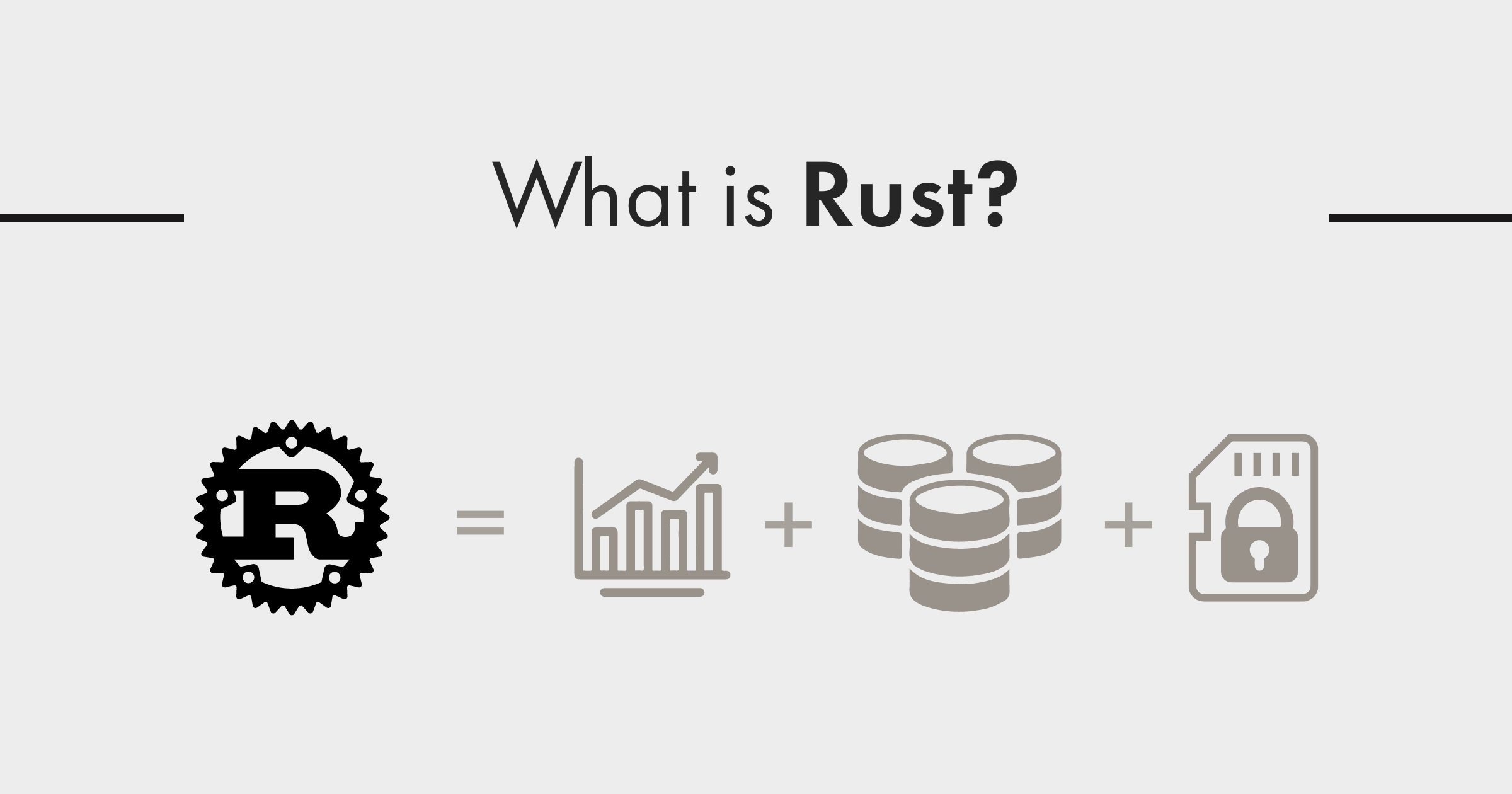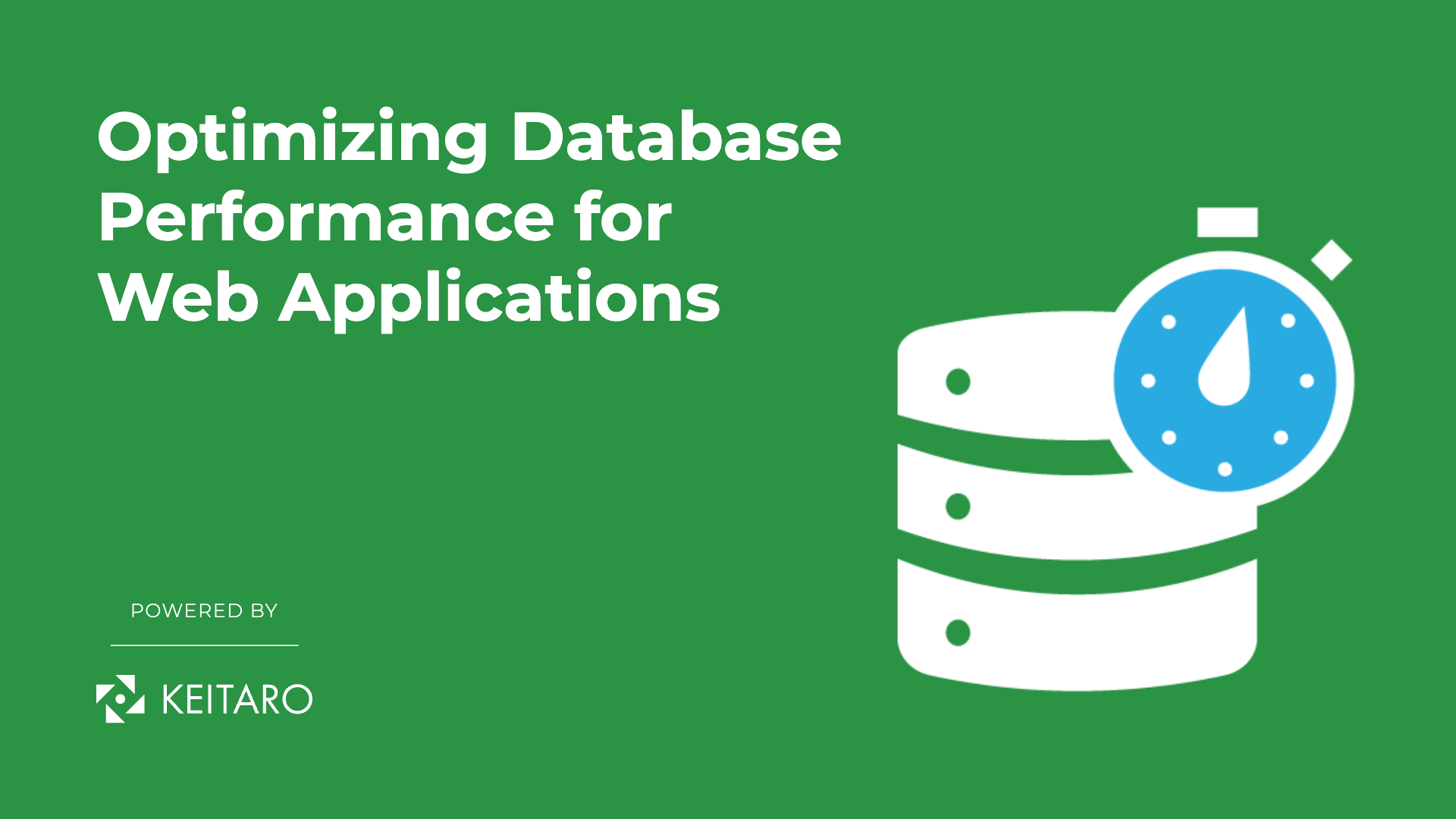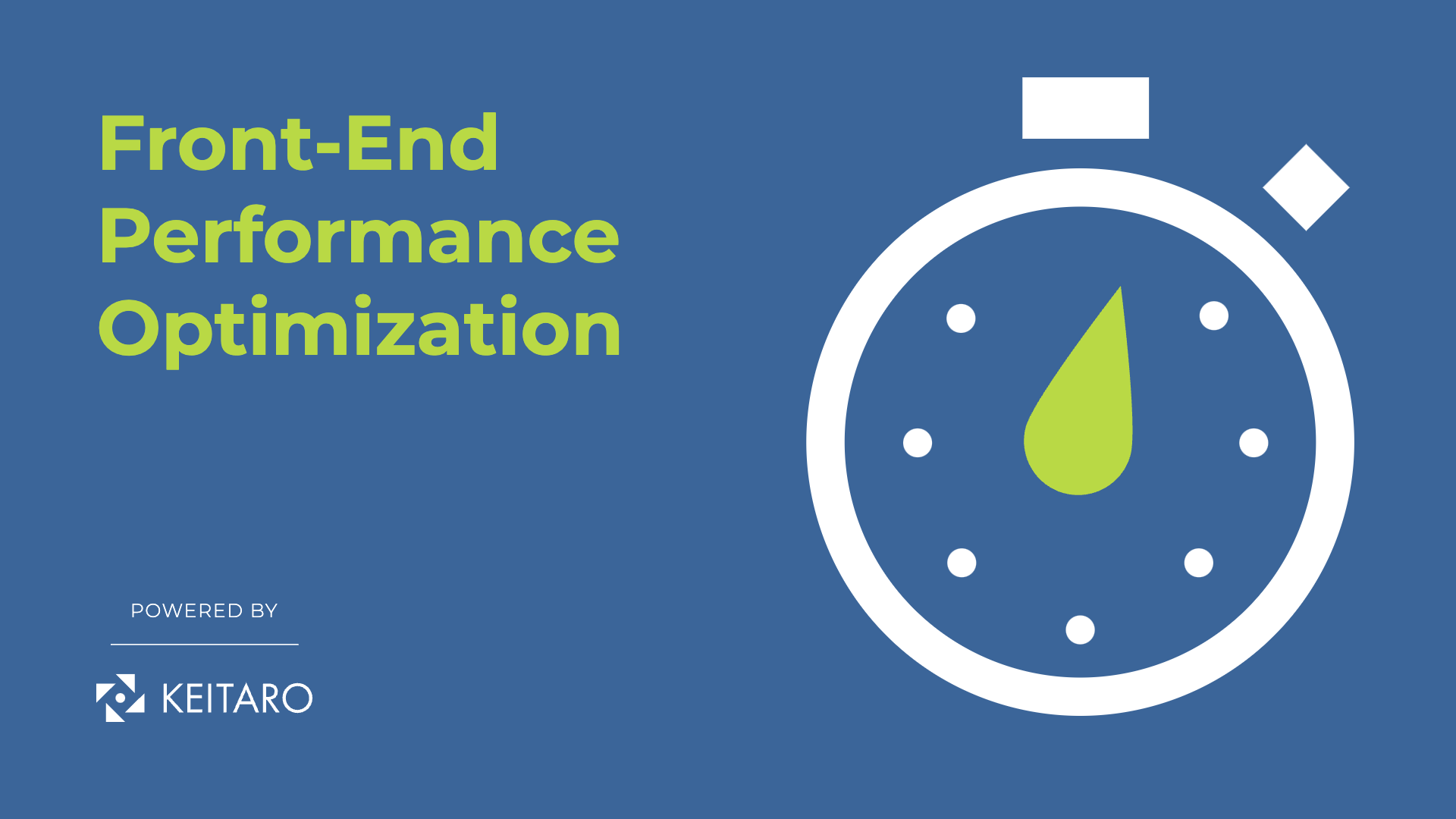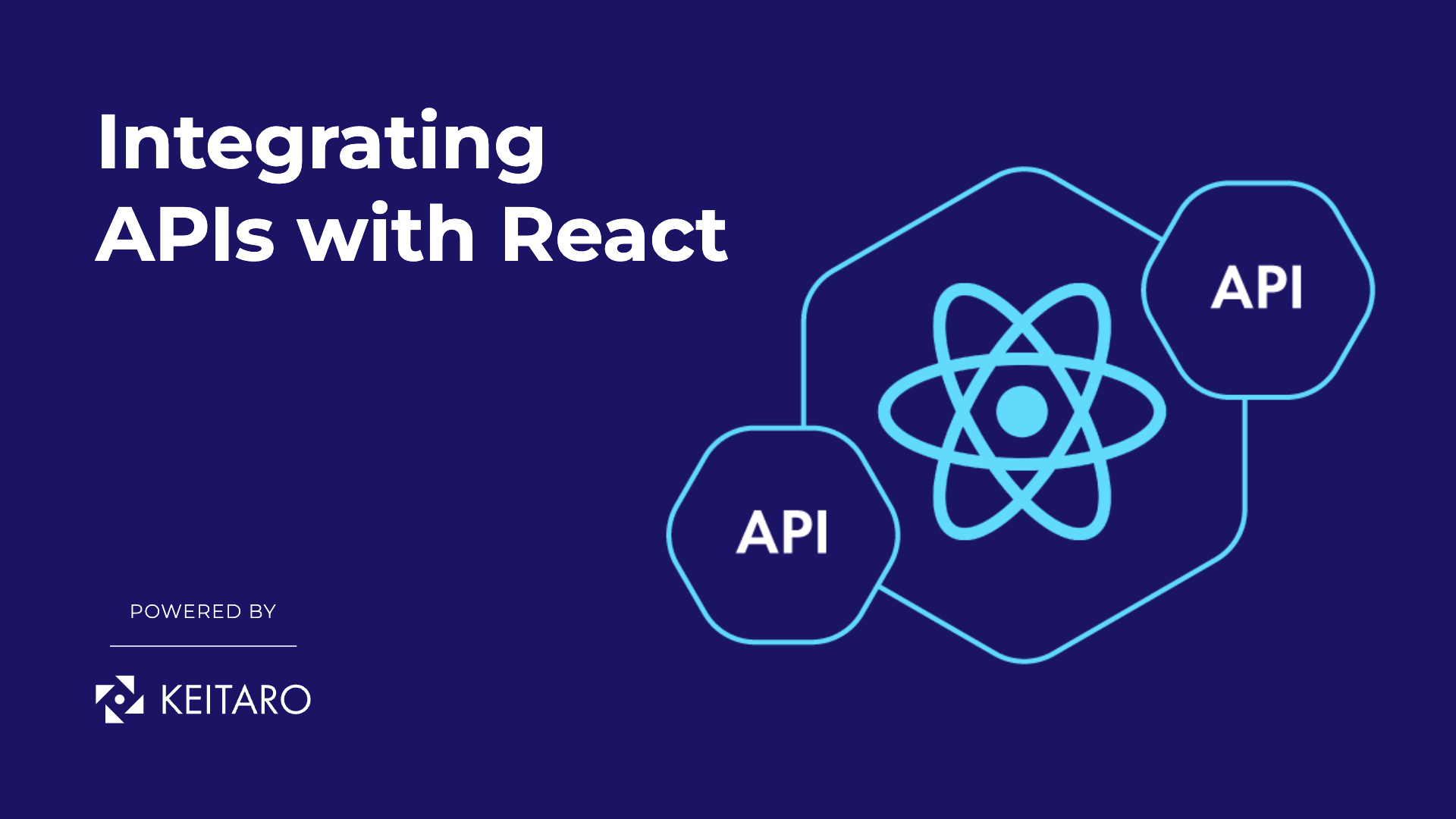Introduction
Have you ever heard about Rust? If not, read this blog and find out why Rust is so popular and why everyone should be interested in learning it. Rust is a programming language that is open source and, for the sixth year, it is the most beloved language according to the Stack Overflow Developer Survey 2021, polling nearly 65,000 developers. But if you haven’t heard about it, you are not alone. Although it is the most beloved language, only an extremely small number of developers actually use Rust today. So, why this intense love of coding in Rust? The answer is simple – it solves a lot of problems present in other languages and your coding life becomes a lot easier.
Rust is a statically-typed programming language, developed originally at Mozilla Research, and designed for safety and performance with syntax similar to the C++ language. In 2021, the Rust Foundation took the lead and now manages the development of the language. What is seen as the main benefit of Rust is that it solves the 2 biggest problems that C/C++ developers have been facing for a long time: memory errors and concurrent programming. Also, one of the main differences between Rust and C/C++ is that Rust uses lifetimes for the references. This means you can set a reference scope in which that reference will be valid, thereby solving the problem with memory and invalid references.
Benefits of Rust
Rust provides many benefits to developers like zero-cost abstractions, built-in support for concurrency, fast and high performance, ownership and security extremely detailed documentation and a growing community. Let`s take a look at each of them.
- Zero-cost abstractions
Regardless of whether you use abstractions or go with custom made implementations, the cost for speed, memory consumption, etc., will remain the same. It doesn’t matter if you use loops or closures, they will all be compiled to the same assembly.
- Built-in support for concurrency
As I mentioned previously, concurrent programming is one of the biggest problems that developers face. Rust has a solution for this – it prevents data races during compile-time and, with its ownership and borrowing rules, developers can write better concurrent code.
- Fast and high performance
The absence of garbage collectors contributes to Rust’s high-performance speeds. Also, Rust doesn’t have runtime checking and the compiler detects the wrong code right in the build, so it prevents havoc in the system.
- Ownership and security
The absence of garbage collectors has to be managed somehow, and that’s why Rust is using ownership – it enables Rust to guarantee memory safety without the need for a garbage collector. Rust only allows one variable to own a piece of data. Once data is assigned to another variable, it’s either moved or copied. Also, the fact that Rust analyzes a program’s memory compilation at compile-time, makes it one of the most safety-first languages.
- Extremely detailed documentation and growing community
Large numbers of developers have said that the reason why they love and started using this language is its extremely detailed and thorough documentation. Programming languages and tools grow when they have a community of users and people to interact with. Rust has a strong community with a community page that is helping developers in the Rust ecosystem.
Final Thoughts
Given the above, we can easily say that Rust is great and it’s the perfect language to be used for future projects. But in which kinds of projects will Rust give us its full potential?
- Applications where performance is crucial
- Applications that need to process extremely large amounts of data
- Solutions where memory safety is of the highest importance
The above-mentioned factors make Rust ideal for developing applications like browser components, OS, file systems, and VR simulation engines. Also, it needs to be mentioned that Rust is the top language for programmers writing code for IoT apps.
If this topic caught your attention, stay tuned to learn more about this in the next blog series.



